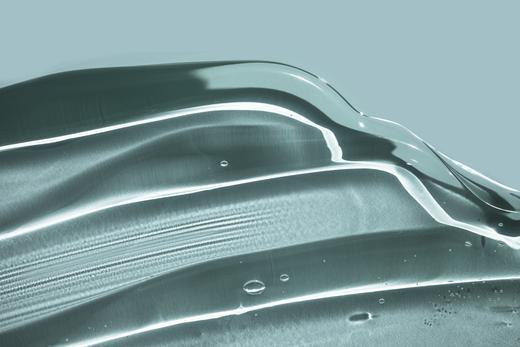FREE CHOUCHOU BUNDLE GIFT FOR ORDERS OVER $70!

But there’s a catch… while they’re both derivatives of Vitamin A, it’s best to think of them as sisters instead of twins because they aren’t in fact the same.
Retinoids are powerhouse multitaskers. They aren’t here to mess around. In fact, they’ll happily work the overnight shift to help boost your collagen production whilst increasing the naturalturnoverof your skin cells.
Retinoid productsarealso highly effective at improving the texture of your complexion,minimising fine lines, brightening skin tone and even shrinking your pores.

Retinoid is the newly formulated version of Retinol.. It's a lot nicer on the skin & more effective.. How is that for a double whammy!?
While retinol is purported to offer similar results there’s one major difference, they take a little longer to improve your skin. It takes at least 12 weeks to start seeing positive changes whereas retinoids are actually going to deliver more b-b-bounce in half the time.
Typically, when discussing anti-aging products - like retinoids - we usually think they are created exclusively for the over 30s club. Whilst half true, it’s a great idea to get a head start in your mid-twenties as a preventive measure. That way you can halt any early signs of ageing like crow’s feet or sun damage that you’ve noticed before they’ve had a chance to settle in completely.
When introducing retinoids into your routine be sure to do so gently. After all, too much of a good thing can lead to irritation so never use retinoids too frequently or liberally. Follow instructions, always use it in the PM and wear SPF every day.
